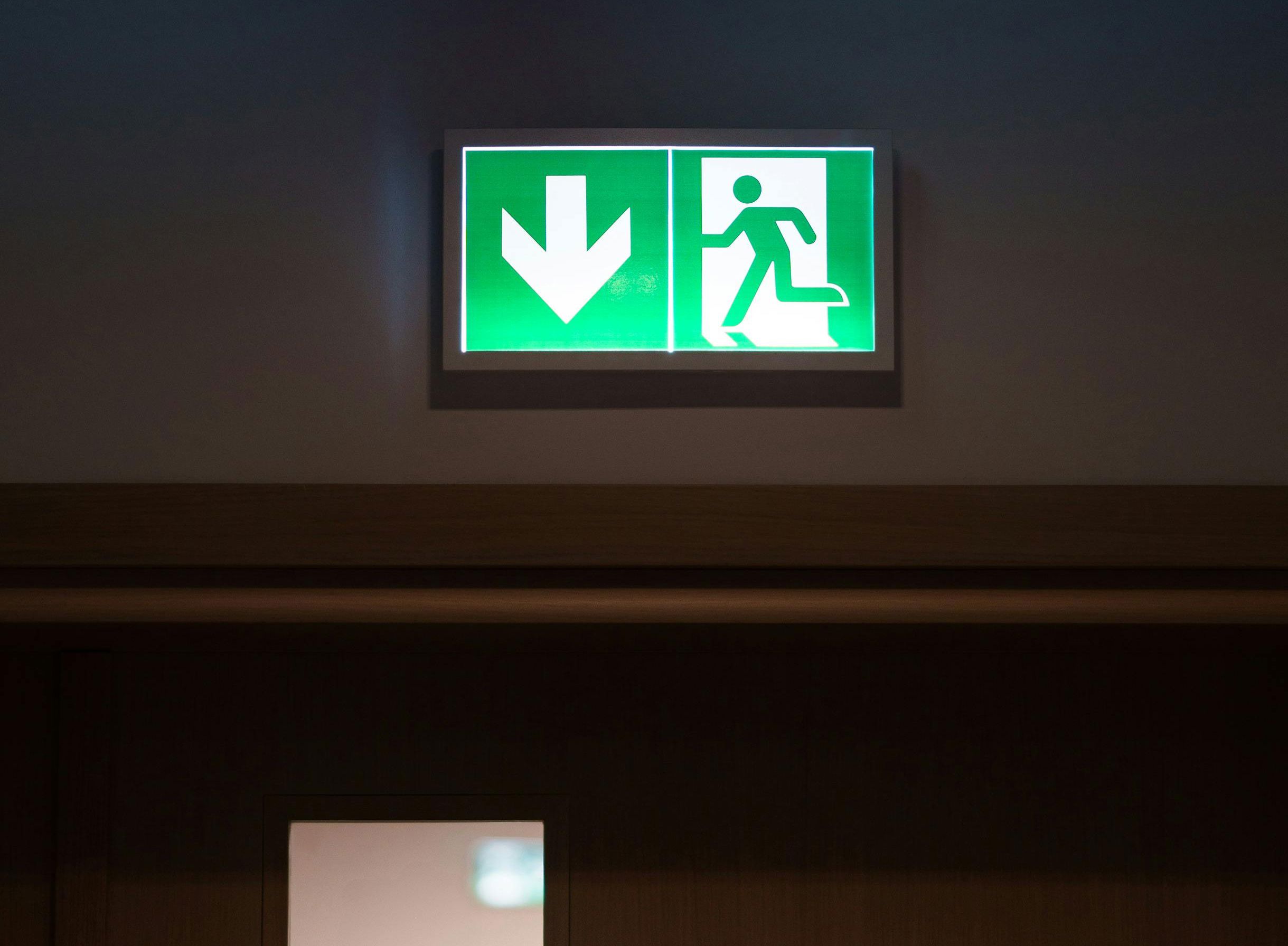We’re pleased to be able to share the feature, reproduced in full below.
COVID-19 is causing commercial buildings to lie empty for extended periods, and some asset owners will be considering conversion to alternative uses – what does this mean for building insurance?
When the UK formally went into lockdown on 23 March 2020, a large percentage of commercial properties, especially offices, became simultaneously unoccupied. Such an unprecedented event creates difficulties for both businesses and insurers alike.
Normally, when a property becomes vacant and remains so for an extended period – usually 30 consecutive days or more – insurers require specific unoccupancy clauses to be fulfilled and may even restrict cover until the property is occupied once more. However, it would have been extremely unfair of insurers to apply these same conditions to all property owners in light of the government’s lockdown. After all, it could be argued that it was the government’s actions that had led to their clients’ premises sitting empty, not theirs. Consequently, all insurers extended the standard period, after which such clauses will apply from 30 days to 90 days, and in some cases for a more extended period.
Unfortunately, many businesses haven’t survived the lockdown, and their premises will now remain unoccupied for much longer than initially anticipated. To date – and this is by no means an exhaustive list – the following clothing retailers have either gone into administration or closed all stores: TM Lewin, Monsoon, Victoria’s Secret, Oasis, Warehouse, Debenhams and Laura Ashley. We have also seen some restaurant chains follow suit: Bella Italia, Café Rouge, Ask, Zizzi and Chiquito’s.
The shopping-centre giant, Intu, also recently entered administration and other firms, such as Tui, have announced the closure of hundreds of branches collectively across the UK.
To continue trading during the lockdown, many businesses had to enable their staff to work from home. Even when the need for lockdowns eases, it seems that the ‘new normal’ may see fewer individuals going back to the office full time, if at all. Research by Santander found that one-fifth of small- and medium-sized firms (SMEs) are planning to downsize their offices and encourage remote working permanently. Accordingly, the demand for large, luxurious and expensive office space is likely to be dramatically reduced.
Therefore, in the short to medium term, it seems evident that commercial property yields will be far less than they have been, making commercial property a less attractive investment. The Office of Budget Responsibility (OBR) has predicted that the value of commercial buildings across the UK will fall by 14% this year and wipe £230bn off the commercial property sector.
What does this mean for insurance?
It is vital that property owners understand what impact this situation will have on their current insurance arrangements and what they are required to do to ensure cover remains valid in the event of a claim. As the lockdown conditions continue to change and businesses may close and then reopen, insurers inevitably have withdrawn the previous extension to the number of days after which standard unoccupancy conditions take effect. So from now on, if a property owner knows that they will have a wholly or partially vacant building for more than 30 consecutive days, they must inform their insurance broker immediately.
If your premises remain unoccupied, certain conditions may now apply to your policy, which could include, but may not be limited to:
- limitations or restrictions in cover (for example, escape of water and malicious damage may be excluded)
- requirements to inspect the premises or services contained within at specific intervals
- other requirements in connection with the administration or maintenance of the premises.
Failure to adhere to any unoccupied premises conditions in your policies could result in your insurer rejecting a claim. Therefore, it is imperative that you consult your insurance intermediary to find out the specifics of your own insurance cover and ensure that you are complying with its requirements.
Additionally, you should review what cover you have in place. It’s likely that at the start of the policy year, you provided a specific figure for your annual loss of rent, which in most cases is insured for a period of up to 36 months, so that you are protected in the event of a total loss. If your properties are now partially or wholly unoccupied, these figures will be dramatically reduced. Even if your property remains occupied, you may have agreed a rental holiday or reduced the amount of rent payable following your leaseholders’ own trading difficulties. Either way, you should review this element of cover and revise the amounts where applicable, to ensure that you are not paying for something you cannot claim for. Your loss of rent figure can be changed at any time during the policy period, and if reduced mid-term, insurers should provide a pro-rata return premium.
A changing landscape
With commercial properties now offering a less attractive investment opportunity than before, we may see an increase in commercial to residential conversions. The government has already recognised the importance of this change and announced radical reforms to planning laws to boost construction and help the economy escape the impending recession more rapidly. They launched a new permitted development scheme in summer 2020, allowing homeowners to add two extra floors to their house and developers to demolish unused commercial premises and build residential units in its place. The benefit of this scheme is that it restricts the powers of local councils to prevent developments going ahead and expedites property conversions.
Following the closures of so many commercial businesses, and with the permitted development scheme now in place, it is likely that we will see our high streets and business centres become more residential in nature. If you are planning to convert your unoccupied commercial properties into residential accommodations you should speak to your insurance broker from the outset so that they can review the plans and ensure that the correct Joint Contracts Tribunal (JCT) provisions are put in place to protect your assets and upcoming works. They can also ensure that the proposed provisions can be fulfilled to avoid a breach of contract. Furthermore, depending on the complexity of the construction works programme, there may be various types of insurance cover required throughout, and at different phases, of the building project.
It is crucial, therefore, that you involve your insurance broker and your insurer from the very start and make sure your current policies remain operative and any future policies are fit for purpose.
Need help?
Remember, we're here to assist you, however we can. So, please don't hesitate to speak to one of our Clear representatives if you have any questions about your property insurance.






